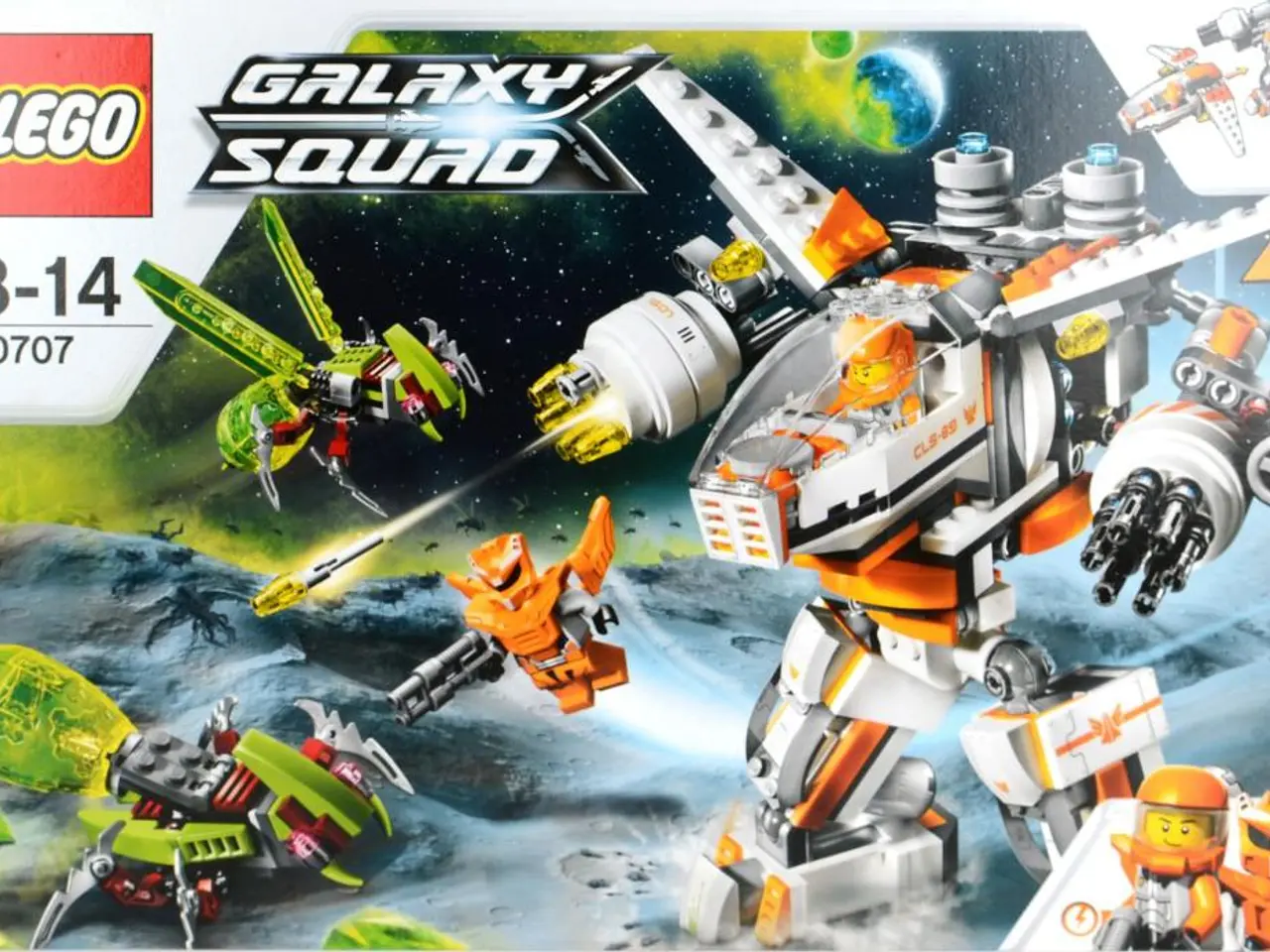Disney contemplated generating an AI character for Tron: Ares, and considered applying deepfake technology to place Dwayne 'The Rock' Johnson's head onto a different body in the live-action remake of Moana.
Disney, known for its innovative approach to filmmaking, is currently grappling with a host of challenges as it explores the use of generative AI in its productions, particularly in the live-action remakes of Moana and Tron: Ares.
The company's ambitious plan to use AI deepfake technology in the Moana remake, which involved cloning Dwayne 'The Rock' Johnson's face onto his cousin's body, faced significant obstacles. Negotiations with AI partner Metaphysic broke down due to concerns over information security and copyright struggles. As a result, Disney has had to scrap the AI-cloned version of Johnson for Moana, losing the investment in unusable footage.
The use of generative AI in film production is a contentious issue, with Disney embroiled in lawsuits over the use of its copyrighted material for training AI algorithms. The company is seeking legal clarity on whether AI training and output infringe copyright.
Actors and writers' unions have also expressed concerns about unauthorized use of likenesses and creative work, which impacts Disney's ability to rely on AI for actor simulation and script writing. Internally, Disney requires employees to get approval from an AI committee before feeding corporate information into generative AI, reflecting strict oversight tied to legal and ethical concerns.
Agreements with AI vendors can also fail if IP and usage rights are not clearly defined, leading to project delays or cancellations, as happened with Moana’s deepfake attempts. Disney has abandoned the idea of using generative AI in the Moana remake due to copyright concerns and potential negative publicity.
In the case of Tron: Ares, the film centres on the idea of sentient AI beings entering the real world as soldiers in human-looking physical bodies. Disney was considering partnering with AI company Metaphysic to create a deepfake of Johnson's face for the Moana remake and was even contemplating adding an entirely AI-generated character named Bit to Tron: Ares.
However, environmental concerns surrounding AI and its potential replacement of human workers are significant factors that have caused issues for Disney in the past. For instance, the AI-generated credits sequence for its Secret Invasion streaming series faced backlash.
Despite these challenges, Disney remains optimistic about AI’s creative potential. The company is actively litigating for clearer copyright standards and developing internal controls to responsibly use AI tools without compromising creative rights or corporate assets.
- Disney, despite the challenges encountered in the use of generative AI, remains optimistic about its creative potential, especially in the production of movies such as Tron: Ares, where AI could be used to create sentient AI beings and AI-generated characters like Bit.
- The company is currently embroiled in lawsuits over the use of its copyrighted material for training AI algorithms, seeking legal clarity on whether AI training and output infringe copyright.
- Negotiations with AI partner Metaphysic for the AI-cloned version of Dwayne 'The Rock' Johnson's face for the Moana remake broke down due to concerns over information security and copyright struggles.
- Actors and writers' unions have expressed concerns about unauthorized use of likenesses and creative work, impacting Disney's ability to rely on AI for actor simulation and script writing.
- Disney has abandoned the idea of using generative AI in the Moana remake due to copyright concerns and potential negative publicity, following issues with environmental concerns surrounding AI and its potential replacement of human workers.




